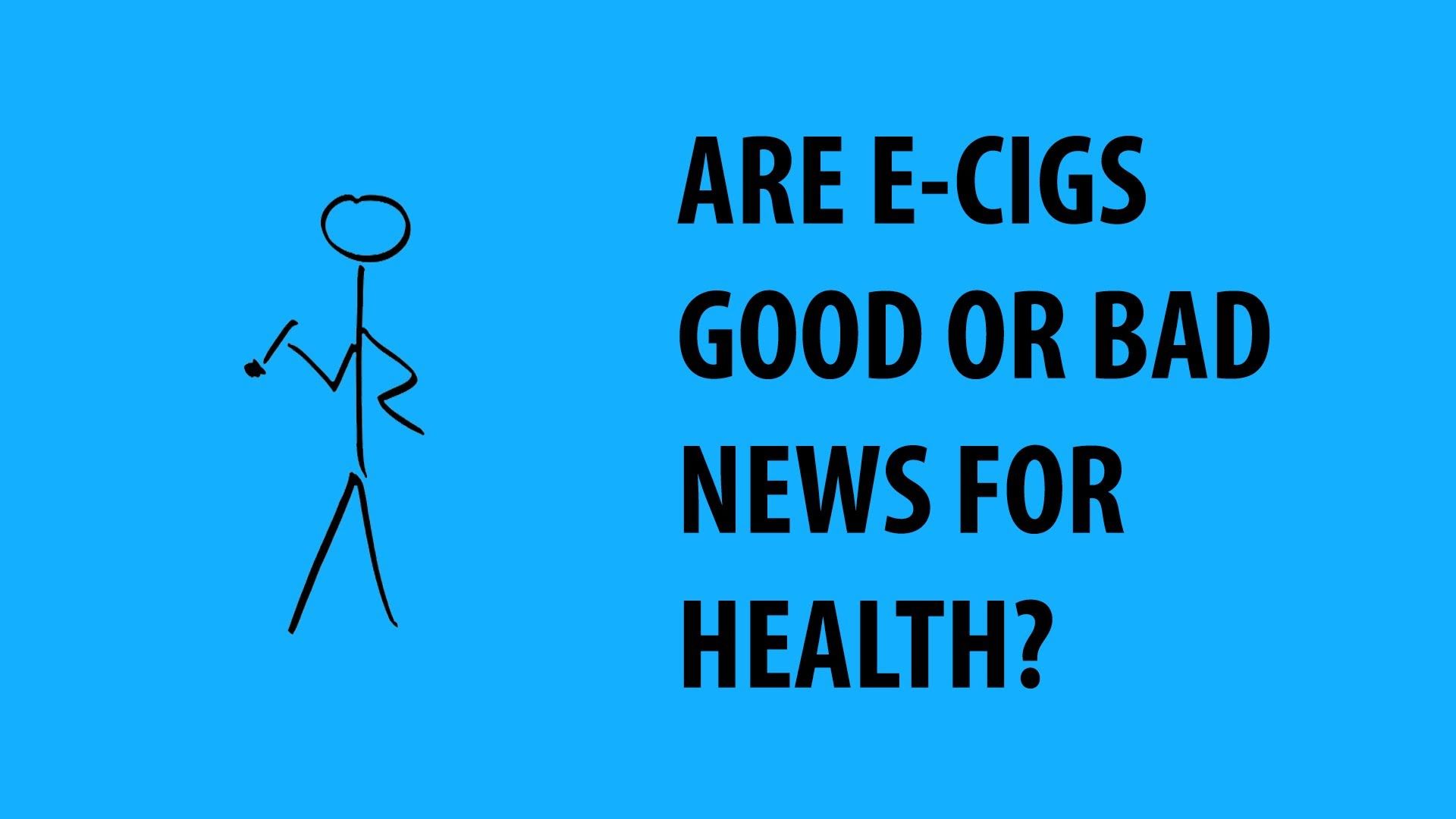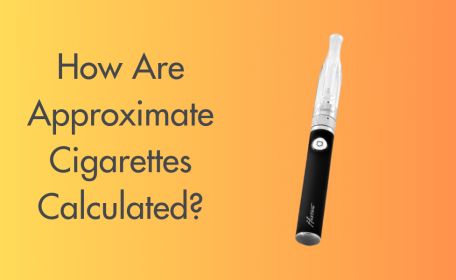← Back


Anti-vaping professor seems to have been caught lying in prestigious medical journal

It looks like Martin McKee, vaping critic, lied to the British Medical Journal about his anti-vaping smear campaign, and here’s the proof...
Vapers have long suspected public health officials of lying or at least distorting the truth when it comes to vaping. Now a prominent vaping blogger has uncovered the smoking gun. One of the most important vaping breakthroughs of 2015 was the evidence update from Public Health England which estimated that “e-cigarettes are 95% less harmful to your health than normal cigarettes”. The report was enormous, worked on by leading experts and reviewed 185 previous studies. However, the report was quickly and controversially attacked in the Lancet, a giant of British medical publishing, for being “flimsy” and connected to the tobacco industry. The attacks were unsubstantiated, but the reputational damage was done, with a number of national newspapers echoing the criticisms. Here’s the catch — the attacks in the Lancet were published anonymously, leaving many to speculate about the actual author’s identity.
Anti-vaping activist exposed?
One of the prime suspects was Martin McKee, or to give him his full title, Martin McKee, Professor of European Public Health, London School of Hygiene and Tropical Medicine (and topical medicine is related to vaping how exactly?) Martin McKee quickly denied that he was the anonymous author on the British Medical Journal website. Here’s his quote: “McNeill and colleagues state that responses to “our earlier accusations and inaccuracies have been published”. The references they cite imply that we were authors of a Lancet editorial that also criticised their report.[1] For the avoidance of doubt, we were not…” Here’s the thing… actually it looks like he was the anonymous author all along. And it looks like he was so desperate to hide this fact that he lied to the British Medical Journal. Lying in a professional medical journal is not like one of those little white lies that you can get away with. It’s more like lying in court or lying about your medical research because these lies have serious real-world consequences for public health. The smoking gun linking Martin McKee to the anonymous Lancet attack is an email that was accessed through a freedom of information request. Here’s the email: “Dear Sally, As you might expect, I’m doing a response to the PHE report in the BMJ. See attached — currently with lawyers for clearance… so not sure what will finally come out. However, I thought you should know what I discovered about the genesis of the 95% figure. I’ve summarised it in the attached, but I have much much more, and it will really not reflect well PHE at all… (as you will see I fully endorse what you say, both here and in the Lancet piece coming out next week that does not go into the murky depths) Happy to talk by phone, Martin” (Emphasis added.) That email was sent August 21st 2015, one week before the anonymous attack came out in the Lancet. This means that it is quite possible that he lied about being the anonymous author. Worse still, it is quite possible that he lied about being the anonymous author on the British Medical Journal.What can we learn from this?
There are a number of key takeaways here:- Public Health Officials are prepared to lie in the most prestigious publications in order to smear vaping.
- The Lancet is complicit here. Martin McKee is an anti-vaping activist — if he was behind the letter, he should not have been allowed to publish anonymously as he has a clear conflict of interest.
- Later on, Martin McKee seems to have replied to his own anonymous attack. Ironically, in his reply to himself he attacks others for failing to declare conflicts of interest...
























